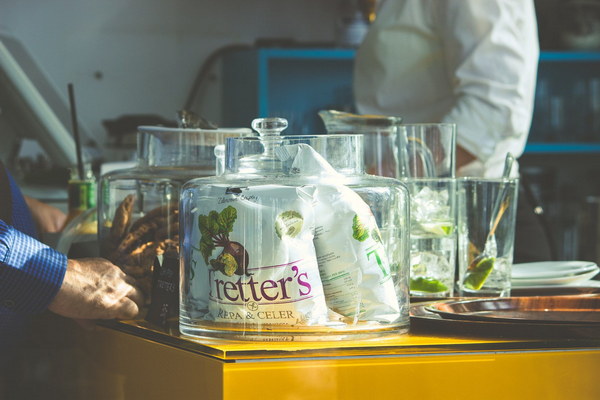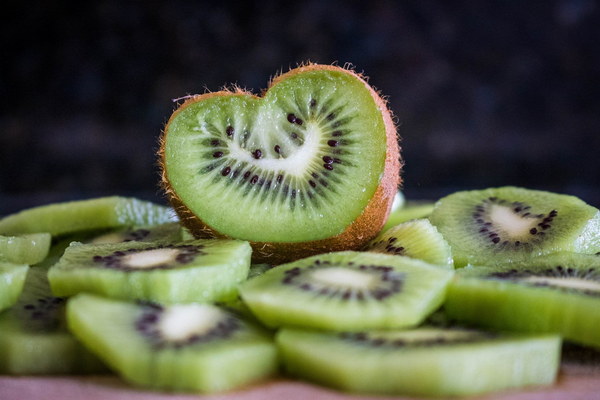Unlocking the Secrets to Liver Health A Comprehensive Guide to Liver Care and Detoxification
In today's fast-paced world, taking care of our health has become more crucial than ever before. One of the most vital organs in our body is the liver, responsible for filtering toxins, producing bile, and metabolizing nutrients. Unfortunately, due to poor diet, excessive alcohol consumption, and environmental factors, the liver can become overburdened and damaged. This article will provide you with a comprehensive guide to liver care and detoxification, helping you unlock the secrets to maintaining a healthy liver.

Introduction
The liver is an essential organ that plays a vital role in maintaining overall health. However, it is often taken for granted and neglected until it starts to show signs of distress. Liver diseases, such as hepatitis, cirrhosis, and fatty liver, are on the rise, making it crucial to prioritize liver care and adopt healthy habits to protect this vital organ.
1. Understanding the Liver
The liver is a large, reddish-brown organ located in the upper right quadrant of the abdomen. It performs over 500 functions, including:
- Filtering toxins from the blood
- Producing bile, which helps in the digestion of fats
- Metabolizing nutrients and storing vitamins and minerals
- Regulating blood sugar levels
- Producing cholesterol
- Breaking down hormones and drugs
1. Common Liver Health Risks
Several factors can put your liver at risk, including:
- Excessive alcohol consumption
- Unhealthy diet, high in fat and processed foods
- Over-the-counter and prescription medications
- Infection with hepatitis B or C viruses
- Autoimmune diseases
- Genetic factors
1. Liver Care and Detoxification Tips
To maintain a healthy liver, follow these essential tips:
a. Maintain a balanced diet
A diet rich in fruits, vegetables, whole grains, and lean proteins is beneficial for liver health. Avoid excessive consumption of processed foods, sugary drinks, and saturated fats. Incorporate liver-friendly foods, such as artichokes, beets, turmeric, and green tea, into your diet.
b. Limit alcohol consumption
Alcohol is a significant risk factor for liver disease. It is recommended to limit alcohol consumption to one drink per day for women and two drinks per day for men.
c. Stay hydrated
Drinking plenty of water helps flush out toxins from the liver. Aim for at least eight glasses of water per day.
d. Exercise regularly
Regular physical activity improves liver function and helps manage weight, reducing the risk of fatty liver disease. Aim for at least 150 minutes of moderate-intensity exercise or 75 minutes of vigorous-intensity exercise per week.
e. Avoid taking over-the-counter and prescription medications without a doctor's recommendation
Some medications can cause liver damage when taken in excess or for an extended period.
f. Get vaccinated for hepatitis A and B
Vaccination is the best way to prevent hepatitis A and B, which can lead to serious liver disease.
g. Manage stress
Stress can negatively impact liver health. Practice stress-reduction techniques, such as meditation, yoga, and deep-breathing exercises.
h. Consider a liver cleanse
A liver cleanse can help remove accumulated toxins from the liver. However, it is crucial to consult a healthcare professional before starting a liver cleanse, as some can be harmful if not done correctly.
Conclusion
The liver is a vital organ that requires care and attention. By understanding the risks and taking proactive steps to maintain liver health, you can reduce the risk of liver disease and improve your overall well-being. Remember, it's never too late to start prioritizing liver care and adopting a healthier lifestyle.









